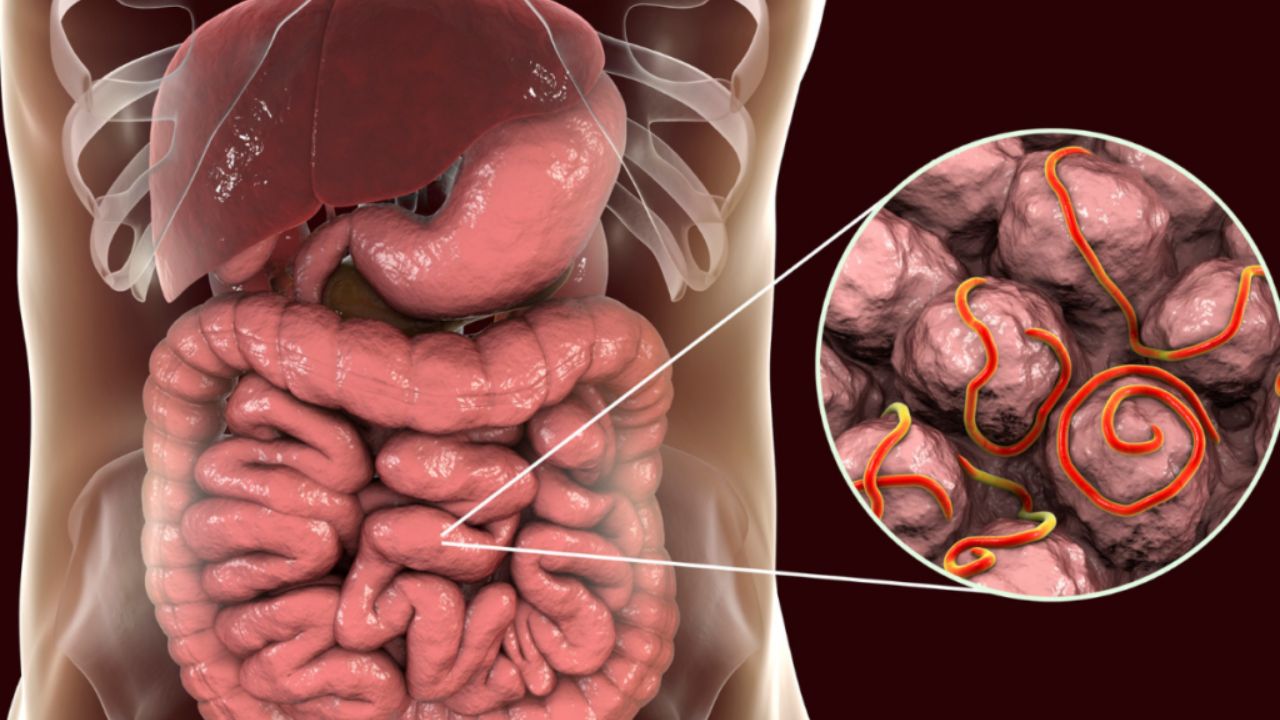Gastroenterology Treatment in India: Understanding the Basics
What is Gastroenterology?: Gastroenterology Treatment In India Gastroenterology is a medical specialty focused on the study, diagnosis, and treatment of disorders affecting the digestive system. This field encompasses a broad range of conditions involving the small intestine, stomach, esophagus, colon, pancreas, rectum, gallbladder, liver, and bile ducts. A gastroenterologist is a physician who specializes in this area, helping manage issues ranging from common digestive complaints to complex gastrointestinal diseases.
Common Gastrointestinal Disorders
Many individuals experience symptoms such as stomach aches, appetite loss, rapid weight loss, flushing, diarrhea, and even blood in the stool. Often, these symptoms are ignored until they become severe, potentially leading to serious conditions like stomach cancer. Prompt treatment is crucial, as early intervention can significantly improve outcomes.
Some prevalent gastrointestinal disorders include:
- Stomach Cancer: Malignancy in the stomach lining.
- Constipation: Difficulty or infrequent bowel movements.
- Acid Reflux (GERD): A condition where stomach acid frequently leaks into the esophagus.
- Diarrhea: Frequent, loose, or watery bowel movements.
- Hepatitis and Cirrhosis: Liver conditions that affect liver function and structure.
- Hemorrhoids: Swollen veins in the rectum or anus.
- Irritable Bowel Syndrome (IBS): A disorder affecting the large intestine.
- Pancreatitis: Inflammation of the pancreas.
- Crohn’s Disease: Chronic inflammation of the digestive tract.
- Lactose Intolerance: Difficulty digesting lactose, a sugar found in milk.
When to See a Gastroenterologist
You should consult a gastroenterologist if you experience symptoms such as:
- Persistent abdominal pain
- Digestive tract inflammation or bleeding
- Difficulty swallowing
- Bloating or chronic diarrhea
- Vomiting or nausea
- Liver issues or unexplained weight loss
- Symptoms of gastroesophageal reflux disease (GERD)
Diagnostic Procedures
Diagnosis in gastroenterology involves various procedures to identify issues within the digestive system:
- GI Endoscopy: Examines the esophagus, stomach, and upper small intestine.
- Colonoscopy: Inspects the colon for abnormalities.
- Enteroscopy: Views the interior of the small intestine.
- Sigmoidoscopy: Evaluates the rectum and lower colon.
- Infrared Coagulation Therapy (IRC): Non-surgical method to diagnose hemorrhoids.
- Abdominal X-rays: Detects issues like stomach pain.
- Blood Tests and Liver Biopsies: Assess liver function and diagnose liver cirrhosis.
Potential Complications
While complications are rare, they can occur. These include:
- Aspiration pneumonia due to accidental inhalation of fluids.
- Perforation or bleeding during procedures.
- Cardiac and pulmonary issues.
- Tracheal constriction in infants undergoing esophagogastroduodenoscopy, which may require intubation.
For comprehensive care and early diagnosis, consulting with a specialized gastroenterologist is essential. The Medical Trip offers access to expert digestive disease specialists to help you achieve optimal health and prevent severe complications.





